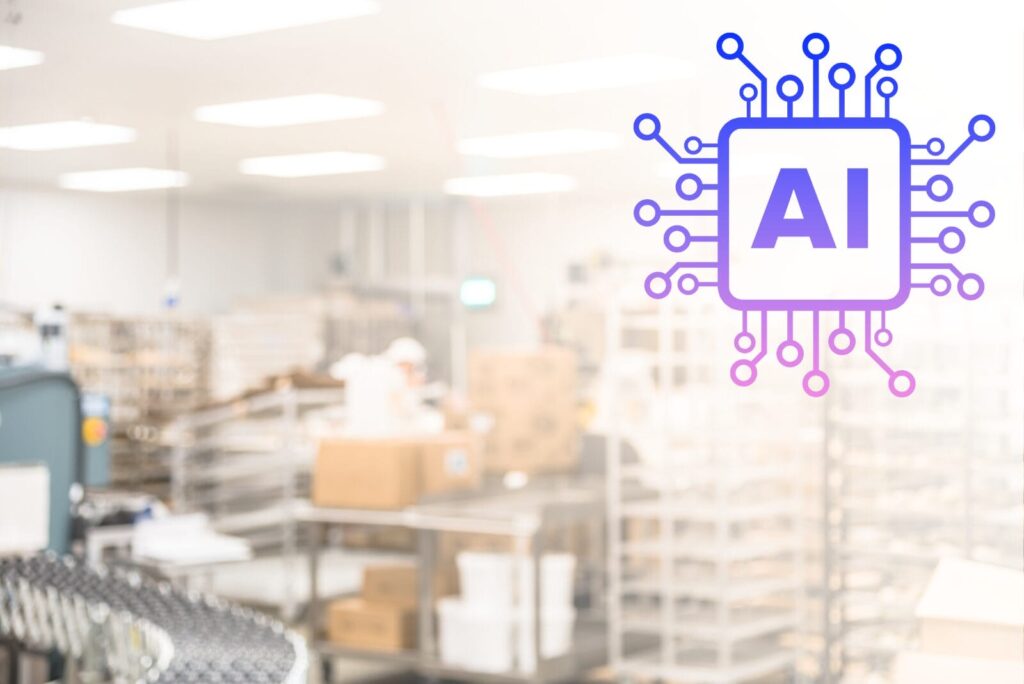SCOTTSDALE, AZ — A recent pulse survey by the American Bakers Association (ABA) showed that about 70% of the commercial baking industry has either adopted or plans to adopt some form of AI in the next 12 months.
While many bakers are ready to take on this technology, it can be difficult for company leaders to know where to start. Experts on the Baking in an AI World: Incorporating Emerging Technology to Optimize Operations panel at the 2024 ABA Convention, held April 14-17 in Scottsdale, AZ, offered some beginner guidance.
Eric Dell, president and CEO of ABA, moderated the panel, which included Gregory Powers, VP of cool stuff at Gray Solutions; Murray Thom, VP of quantum technology evangelism at D-Wave; Marco Petruccelli, VP, CIO and CTO of Lallemand; and Natalia Connolly, senior VP of digital, AI and data at AlixPartners.











